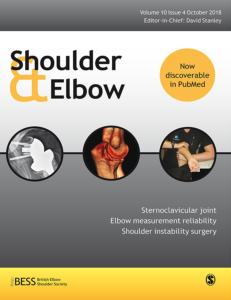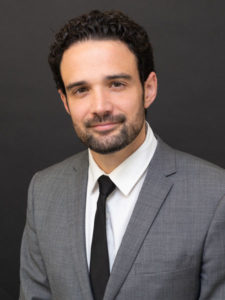Can surgeons optimize range of motion and reduce scapulohumeral impingements in reverse shoulder arthroplasty? A computational study


https://doi.org/10.1177/1758573221994141
Abstract
Background
Early glenohumeral impingement leads to poor range of motion and notching in reverse shoulder arthroplasty. The aim was to find from planning software which implant configuration provides the best motions in reverse shoulder arthroplasty.
Patients and Methods
Reverse shoulder arthroplasty planning (Glenosys) was made in 31 patients (12 men, 19 women, 76 ± 6 yo) and impingements were analyzed. Inlay (155°-inclined) and Onlay (145°-inclined) humeral designs were tested. Four configurations were tested for each shoulder: “INLAY”: non-lateralized glenoid-inlay humerus, “BIO-INLAY”: lateralized glenoid (BIO-RSA)-inlay humerus, “ONLAY”: non-lateralized glenoid-onlay humerus, and “BIO-ONLAY”: lateralized (BIO-RSA) glenoid-onlay humerus.
Results
BIO-ONLAY and BIO-INLAY groups presented a significantly better result in all tested motion (p < 0.001 for all tests). BIO-ONLAY allowed a significantly better external rotation, extension and adduction than BIO-INLAY with decreased impingements with the pilar. BIO-INLAY presented a significantly better abduction. In abduction, an abutment of the greater tuberosity against the acromion was associated with a lower range of motion (p < 0.0001) and did not depend on the lateralization.
Conclusion
Glenoid lateralization delays the glenohumeral impingement in reverse shoulder arthroplasty and gives the best rotations, adduction and extension when associated with neutral inclination and humeral 145° inclination. Greater tuberosity abutment has to be avoided in abduction and the Inlay design provides the best abduction.
